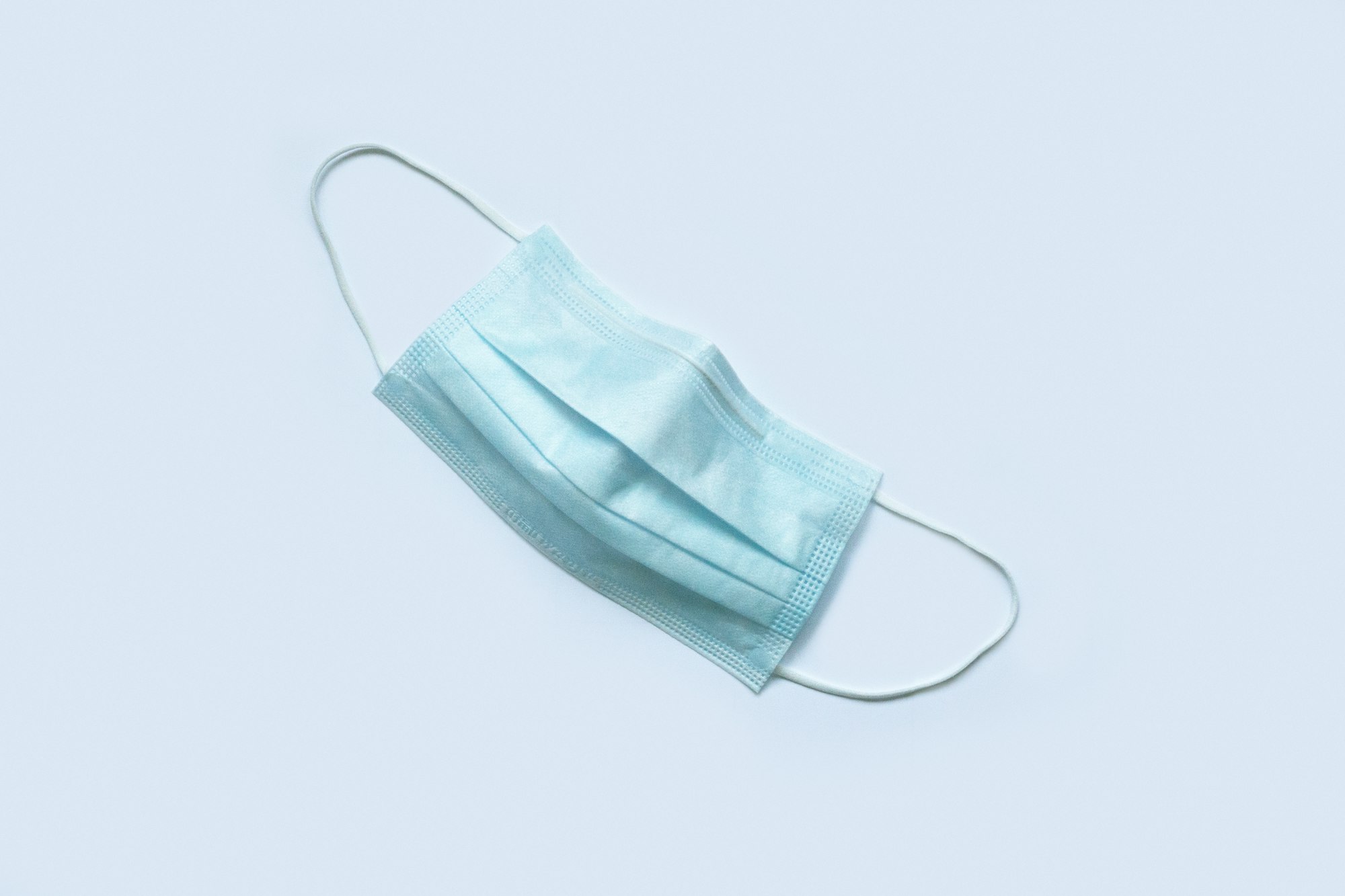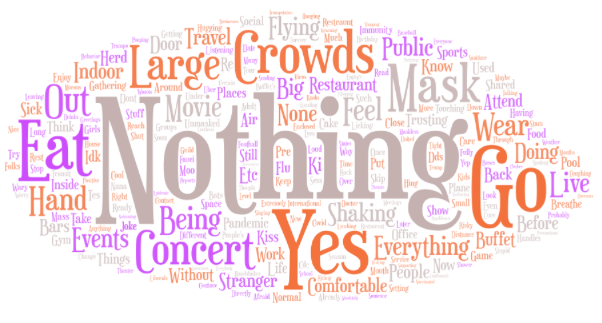Mask Mandates Are Going Away, COVID Anxiety Isn't
As official mask mandates lift, our survey shows many consumers are still anxious. That puts a challenging burden on local business owners.

- Our open-ended survey about post-COVID activities showed 55% of respondents had concerns about returning to old behaviors.
- Some business categories face more headwinds than others: live concerts, indoor dining, gyms, among a few others.
- Businesses now must balance relaxed guidance and differing consumer attitudes and anxiety, which argue COVID hygiene practices should be extended.
As the economy lurches back to post-pandemic life, we're starting to see that it will likely be very erratic. Customer fears and concerns and how businesses respond to them will play a huge role in determining winners and losers at both a macro-industry level and individual store level.

To understand post-COVID consumer stress and concerns, we conducted a survey of 500 American adults during the second and third weeks of April. The one-question survey was open-ended and allowed any answer. At the highest level the answers fell into "had concerns" and "no concerns."
